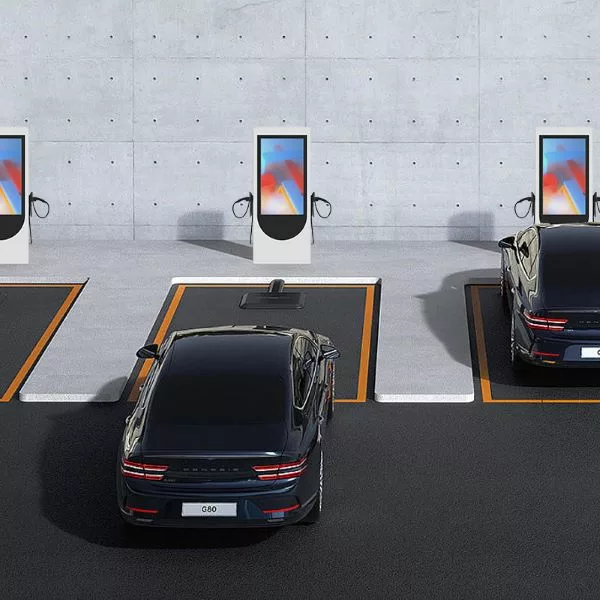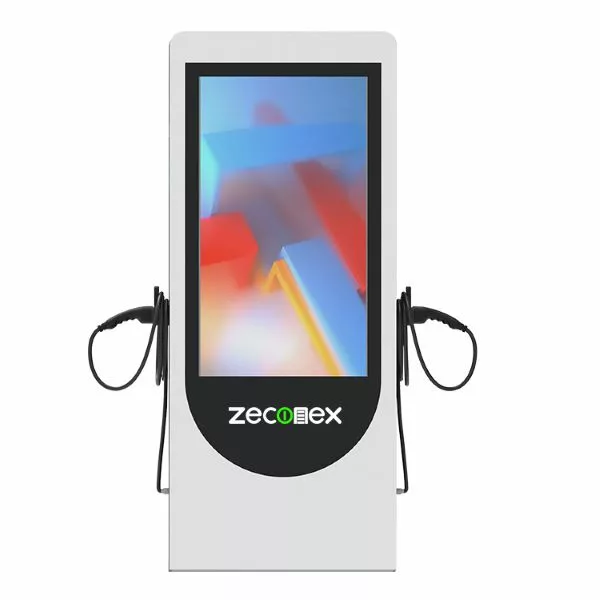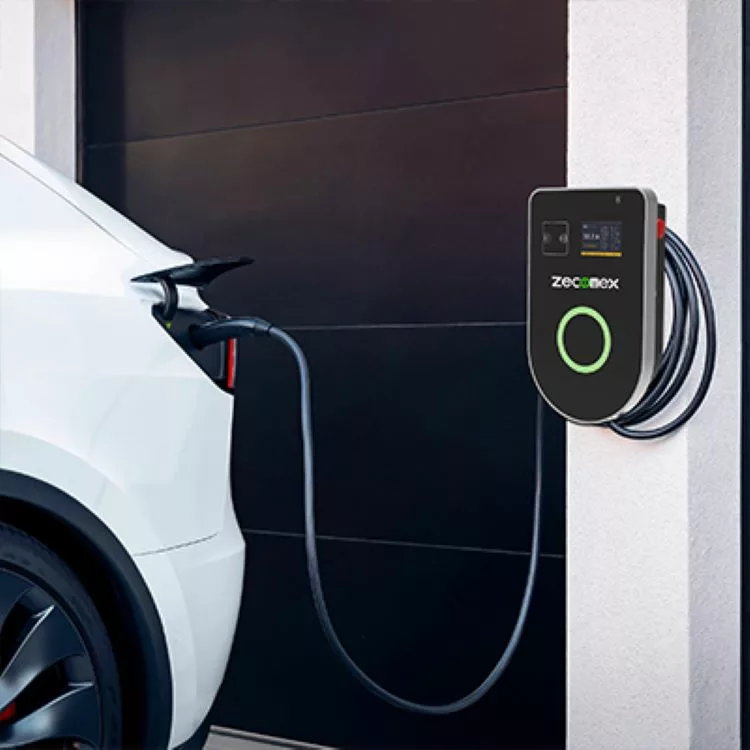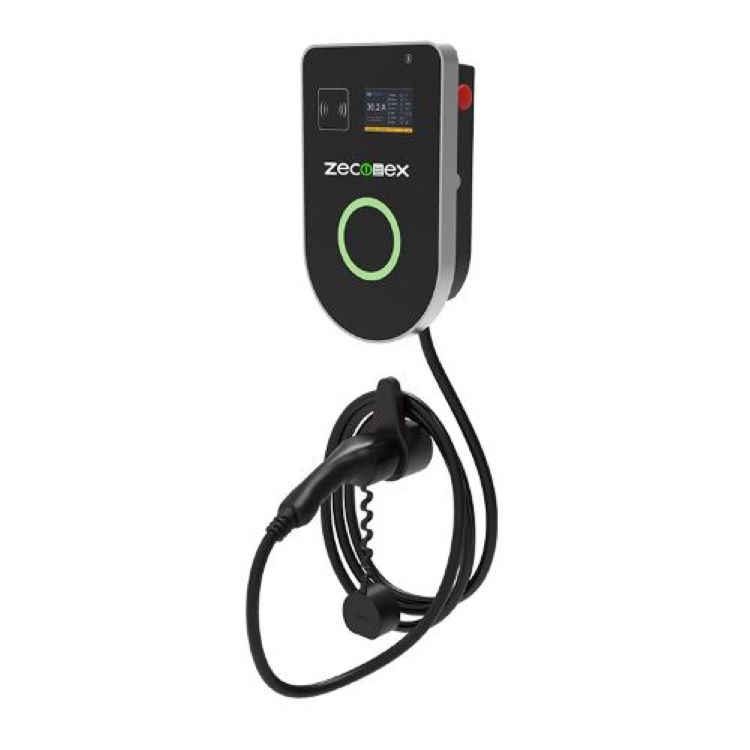The power needed for EV charging at home depends on the charging speed and the specific EV car charger you are using. Generally, EV chargers for home use range from 3.6 kW to 7.2 kW, with some higher-powered options available as well. To determine the power requirement for your specific EV charger, you can check the manufacturer's specifications or consult with a professional electrician.
Home EV chargers are devices that allow you to charge your electric vehicle at home. They are typically installed in your garage or driveway and provide a convenient and efficient way to charge your EV.
There are several factors to consider when choosing a home EV charger. Firstly, you need to determine the charging speed you require. Different chargers offer different charging speeds, ranging from slow charging to fast charging. Fast chargers are more expensive but can charge your EV much quicker.


Secondly, you need to consider the connector type of the charger. There are different connector types, such as Type 1 and Type 2, and you need to ensure that the charger you choose is compatible with your EV.
Another important factor is the power output of the charger. You need to make sure that the charger can provide enough power to charge your EV. The power output is measured in kilowatts (kW), and you should choose a charger that matches the power requirements of your EV.
Some home EV chargers also offer smart features, such as Wi-Fi connectivity and smartphone apps. These features allow you to monitor and control the charging process remotely, making it more convenient and efficient.
Lastly, you need to consider the cost of the charger and the installation. Home EV chargers can range in price depending on the brand and features. Additionally, you may need to hire a professional electrician to install the charger, so you should factor in the installation cost as well.


EV Charger Hot Topics
charging speed
The charging speed of electric vehicles has always been a major concern. The faster the charging speed, the better the experience of using an electric car. Currently, the fastest EV chargers can charge a battery from 0 to 80 percent in just 15 minutes.
Charging cost
The cost of charging electric vehicles is also an important consideration. Charging costs vary based on charging speed, charger type and electricity costs.
Charging convenience
Charging convenience is also a factor that people care about. People want to be able to charge conveniently where they need it. This means chargers need to be widely distributed and payable using credit cards or other common payment methods.
Charging safety
Charging safety is also an important consideration. Chargers need to meet strict safety standards to prevent fires or other accidents.
Government subsidies
Many governments offer subsidies to help people purchase and install EV chargers. These subsidies can make EV chargers more affordable.
Industry standard
The EV charger industry is working hard to develop unified standards so that EV owners can use any compatible charger.
Future development
As electric vehicles become more popular, so will the need for EV chargers. In the future, expect to see EV chargers becoming faster, cheaper, and safer.
